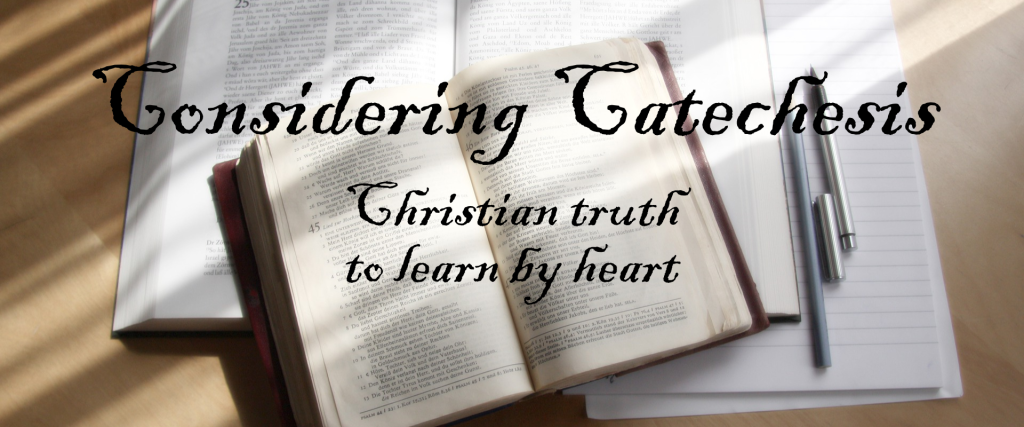Should we accept the Ordinal of the Church of England?
The fifty-third, and final, question in our catechism is: “Should we accept the Ordinal of the Church of England?” The answer is: “Certainly. There is nothing superstitious or ungodly in it. Anyone who is consecrated or ordained according to it should be considered rightly, orderly, and lawfully consecrated or ordained.” cf. 2 Corinthians 5:18-19, John…
Read more


Recent Comments